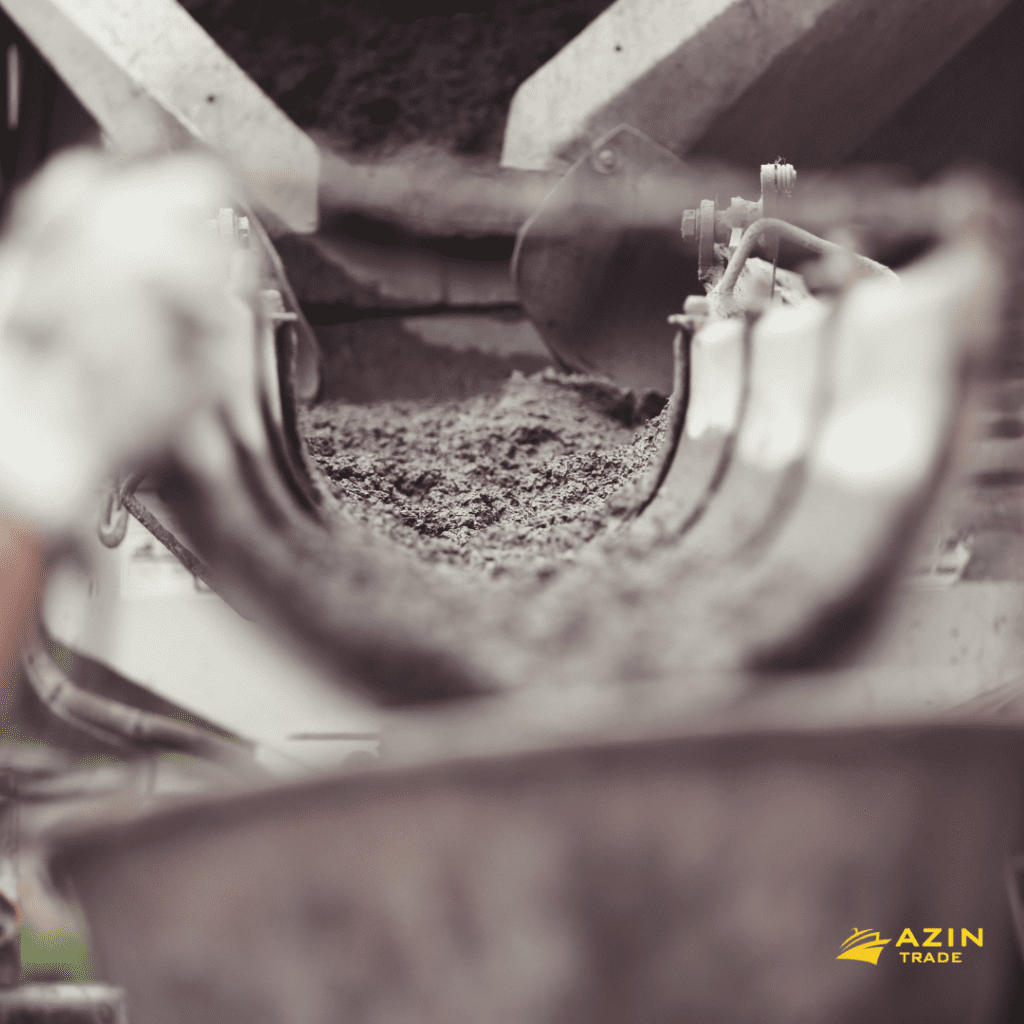
Why are German cement factories successful?
German cement factories have earned a reputation for success due to a combination of factors that contribute to their efficiency, innovation, and environmental sustainability. Some of the key reasons for their success include:
Advanced Technology and Equipment:* German cement factories often invest in advanced technology and modern equipment for production processes. This helps improve efficiency, reduce energy consumption, and enhance product quality.
Strong Engineering and Manufacturing Tradition:* Germany has a long history of engineering and manufacturing excellence. This tradition has led to the development of skilled workforce and expertise in optimizing production processes, resulting in high-quality cement products.
Focus on Quality:* German cement manufacturers prioritize product quality. Their commitment to producing consistent and reliable cement that meets industry standards and customer requirements has contributed to their success.
Sustainable Practices:* Sustainability and environmental considerations have become increasingly important in the cement industry. German cement factories have adopted eco-friendly practices, such as using alternative fuels and raw materials, improving energy efficiency, and reducing carbon emissions. These efforts align with global trends towards sustainability and appeal to environmentally-conscious consumers.
Research and Development:* German cement companies invest in research and development to continuously improve their products and processes. This includes developing innovative cement formulations, optimizing production methods, and finding ways to reduce the environmental impact of their operations.
Efficient Supply Chain Management:* Effective supply chain management ensures a steady flow of raw materials, efficient transportation, and timely delivery of products. German cement factories often excel in managing their supply chains, which contributes to their success in meeting customer demands.
Skilled Workforce:* Germany is known for its highly skilled and well-educated workforce. This skilled labour pool contributes to efficient operations and the ability to adapt to new technologies and processes.
Strategic Location:* Germany’s central location in Europe provides logistical advantages for transportation and distribution throughout the region, contributing to its ability to serve a wide customer base.
Collaboration and Networking:* The German manufacturing sector benefits from strong collaboration between academia, industry, and research institutions. This collaboration fosters innovation and knowledge exchange, which can positively impact the cement industry.
Regulatory Environment:* Germany has stringent regulations regarding environmental protection, worker safety, and product quality. While these regulations may increase initial compliance costs, they also ensure that German cement factories adhere to high standards, leading to a positive reputation for quality and responsible business practices.



